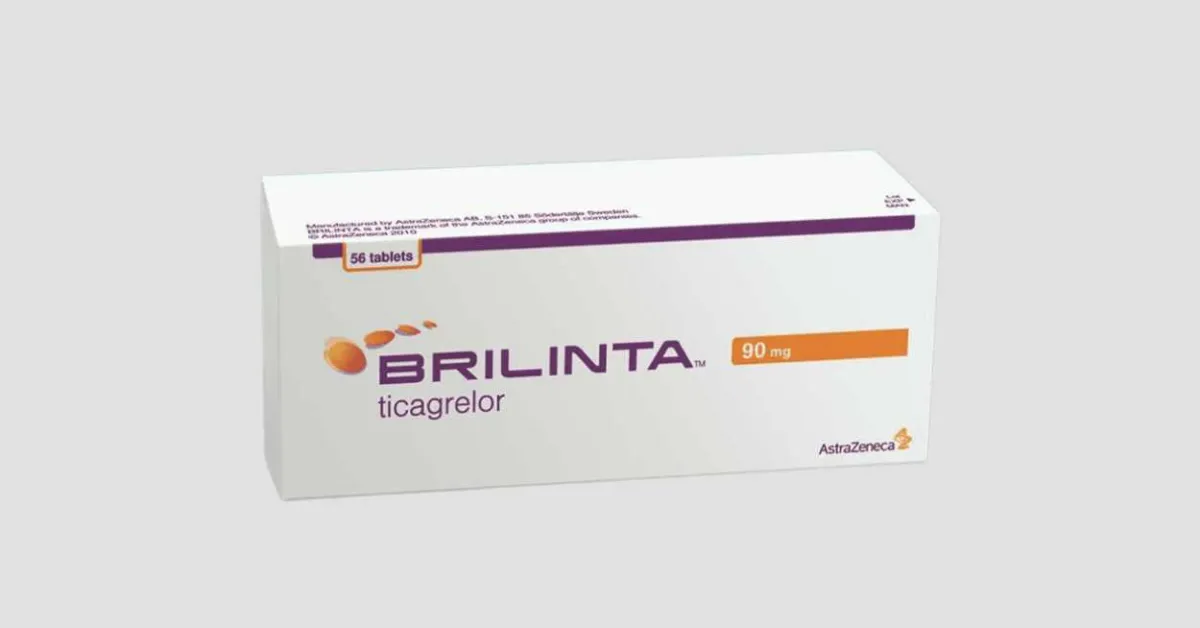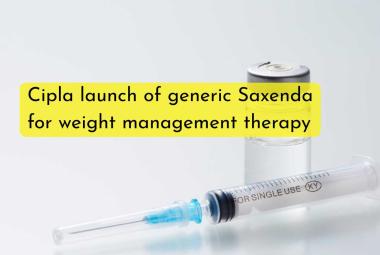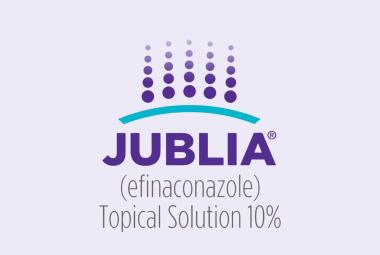As AstraZeneca’s multibillion-dollar heart drug ticagrelor (marketed as Brilinta in the U.S. and Brilique in Europe) prepares to go off-patent, a fresh investigation by The BMJ has raised troubling concerns about the integrity of the trials that supported its approval. The antiplatelet medication has been widely used for over a decade to treat patients with acute coronary syndrome, but the evidence base it rests on is now under question.
Last year, The BMJ exposed serious data integrity issues in the landmark PLATO trial, an 18,000-patient study that played a pivotal role in ticagrelor’s regulatory approval. Now, in an expanded investigation, The BMJ has uncovered further inconsistencies in two key AstraZeneca-funded platelet function studies—ONSET/OFFSET and RESPOND. These studies were instrumental in asserting that ticagrelor provided quicker and more effective platelet inhibition than clopidogrel, a cheaper competitor.
The new revelations are striking. In both ONSET/OFFSET and RESPOND, The BMJ found that primary endpoint results were misreported in a leading cardiology journal, Circulation. More than 60 platelet activity readings—about a quarter of the total—were missing from the data submitted to the U.S. Food and Drug Administration (FDA), yet showed significantly higher activity levels than those included. In a particularly concerning case, one listed author on the RESPOND paper stated he had no involvement in the study, while another active trial investigator was never credited as an author. Attempts to reach key investigators—including the principal investigator and AstraZeneca were largely unsuccessful.
This growing body of evidence has intensified long-standing doubts about the validity of the clinical data supporting ticagrelor. Critics, such as Dr. Victor Serebruany of Johns Hopkins University, argue that the drug’s effect on platelet activity can vary unpredictably, leading to an increased risk of either thrombosis or bleeding. “If doctors had known what happened in these trials,” he said, “they would never have started using ticagrelor.”
When the platelet studies were first published in 2009, they attracted considerable excitement from the cardiology community. AstraZeneca promoted them as the mechanistic basis for the PLATO trial’s claimed mortality benefit. However, even FDA reviewer Dr. Thomas Marciniak noted at the time that patients undergoing early invasive procedures actually fared worse on ticagrelor than on clopidogrel—contradicting what would be expected from the platelet data.
Compounding the doubts, The BMJ found logistical and methodological flaws in how the studies were conducted. Participants were asked to undergo unusually frequent blood draws—up to six times in one day—raising questions about the feasibility of recruitment and data reliability. Consent forms indicated that hundreds of milliliters of blood would be collected over the course of the trials, without offering compensation.
Further, the studies relied on multiple sites to perform platelet aggregation tests—a process experts say requires tight quality control and specialized training. Yet The BMJ was unable to confirm whether consistent training was provided to all sites. Some machines used for testing were sent back to manufacturers with still-stored readings that were never submitted in final trial data. Readouts from one lead investigator’s lab revealed missing data and untraceable patient identifiers.
One of the most serious concerns centers on the manipulation of data. In the ONSET/OFFSET trial, patients with missing baseline values—critical for evaluating drug efficacy—were excluded from analysis but still underwent repeated blood sampling. The published papers also transformed questionable data points through unpublished adjustments, masking implausible results. Meanwhile, the RESPOND trial shifted its primary endpoint mid-analysis without disclosure, changing its statistical significance from non-significant (P=0.157) to highly significant (P=0.005) in the published report.
Despite repeated inquiries, neither Circulation nor AstraZeneca provided comments on these findings. AstraZeneca maintains confidence in the validity of the data. However, calls for transparency are growing louder, with Serebruany denouncing regulatory inaction: “That the FDA’s leadership could look past all these problems—on top of the many problems their own reviewers identified and are now being discovered by The BMJ—is unconscionable.”
As generic versions of ticagrelor prepare to enter the market, the drug's legacy now faces intense re-examination. These revelations raise urgent questions about scientific transparency, regulatory oversight, and whether millions of patients were prescribed a drug based on flawed or incomplete data.














